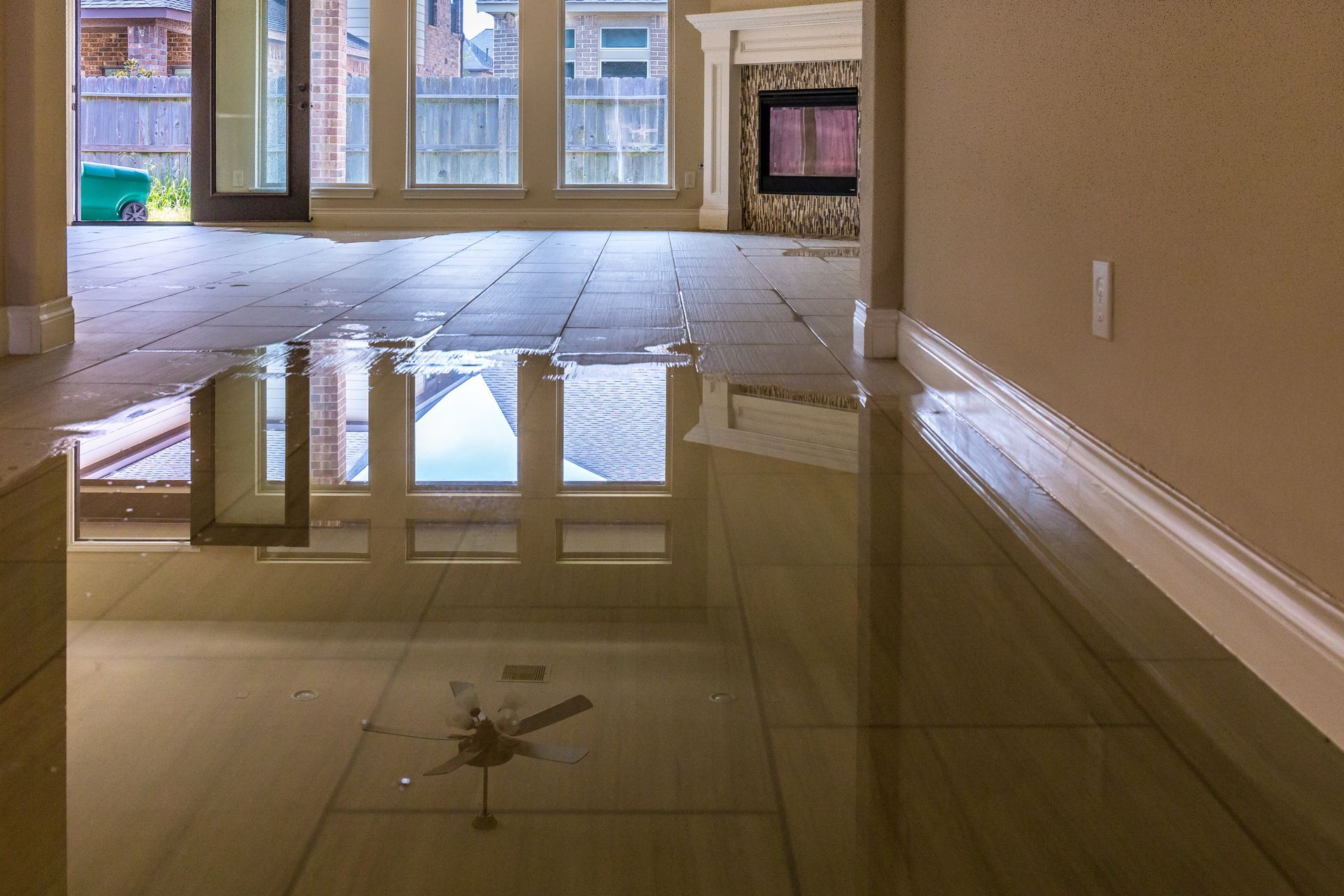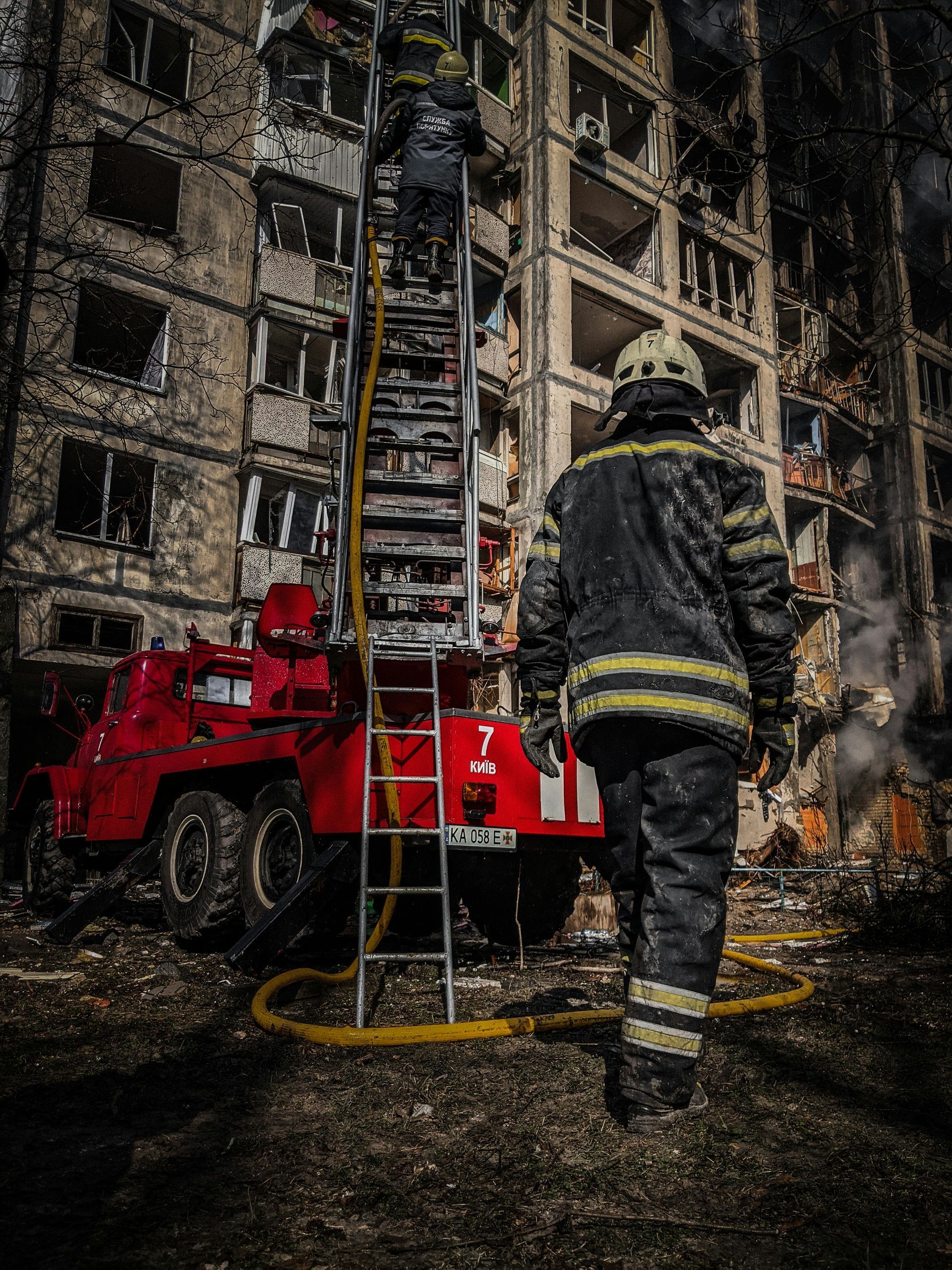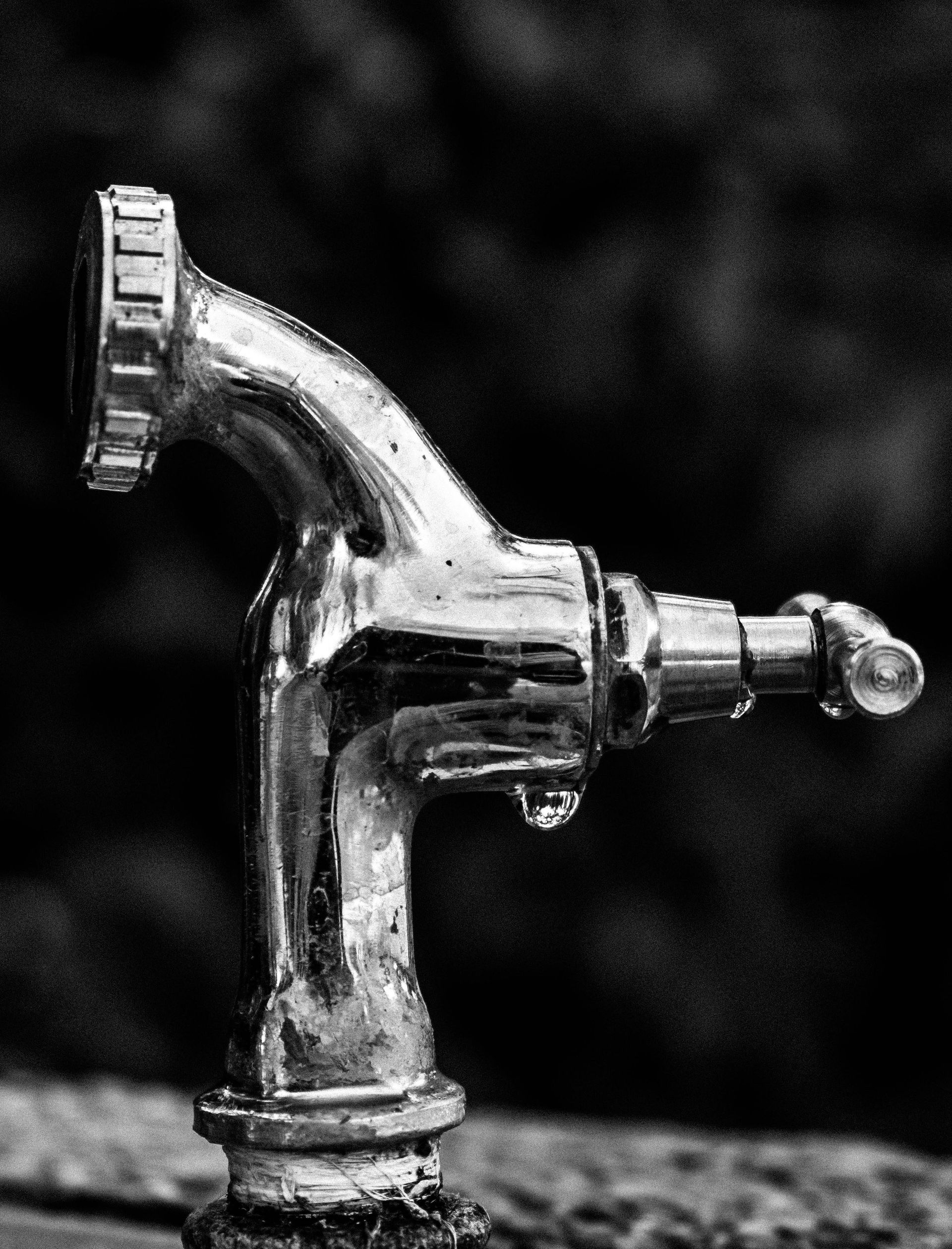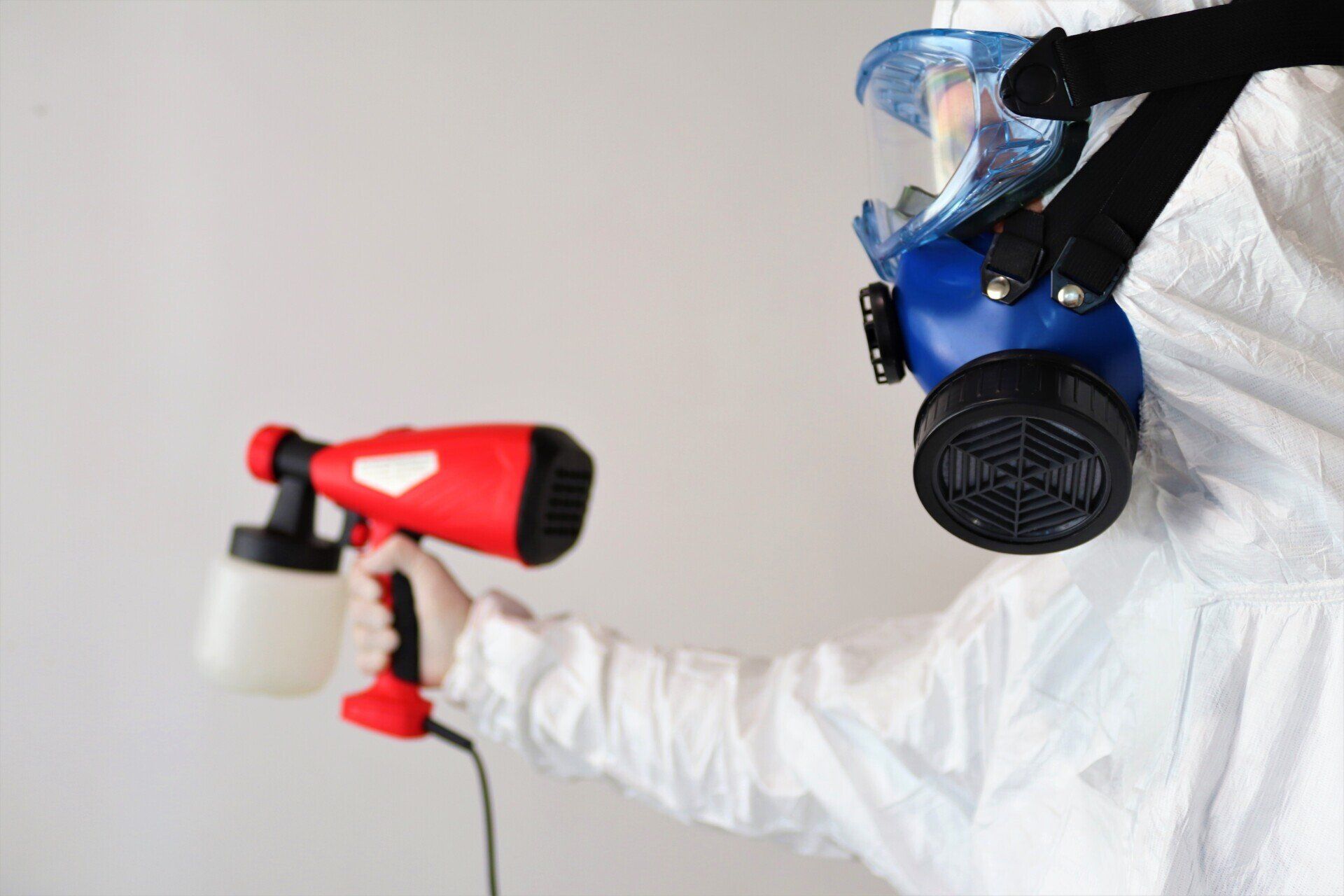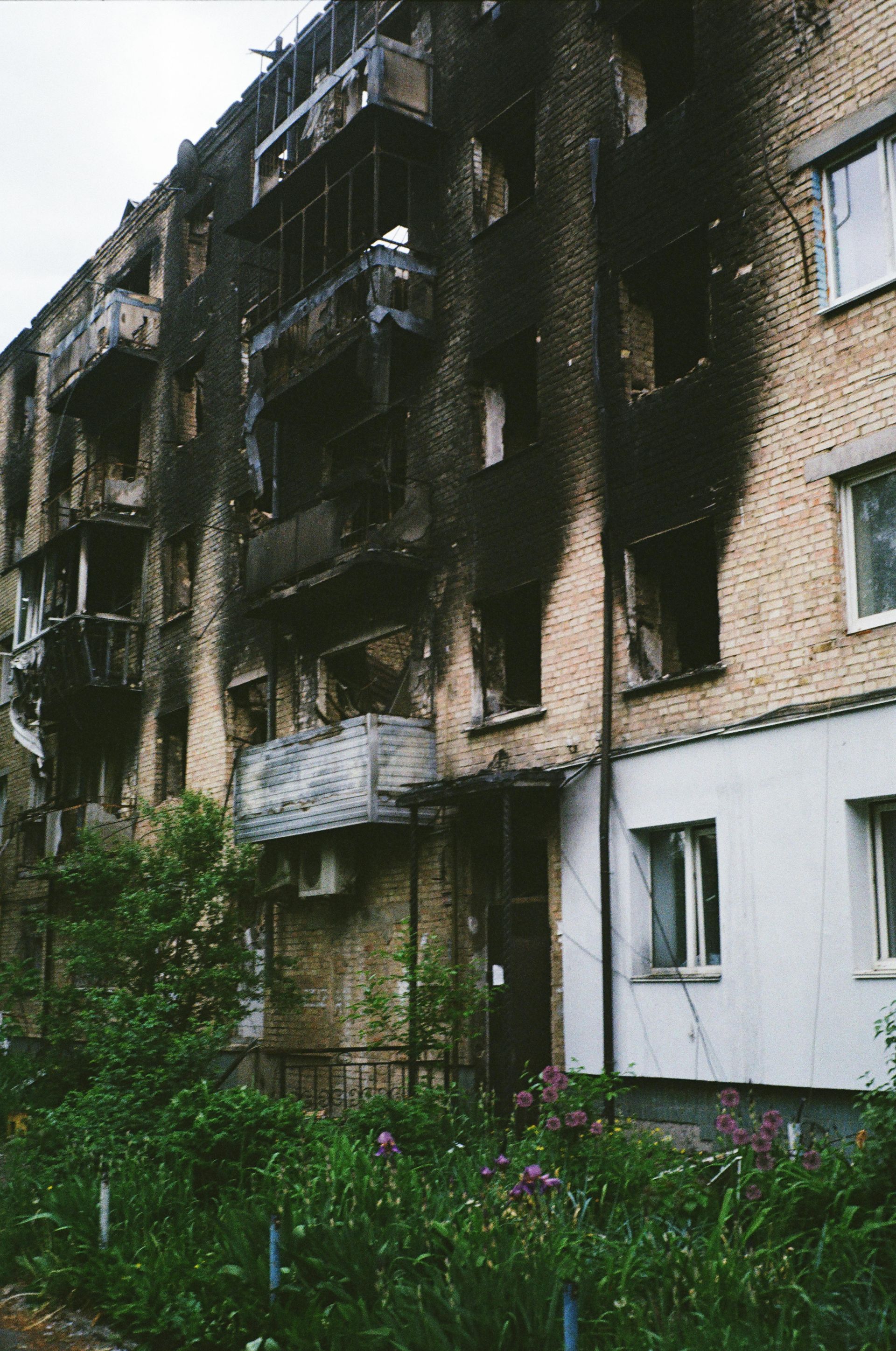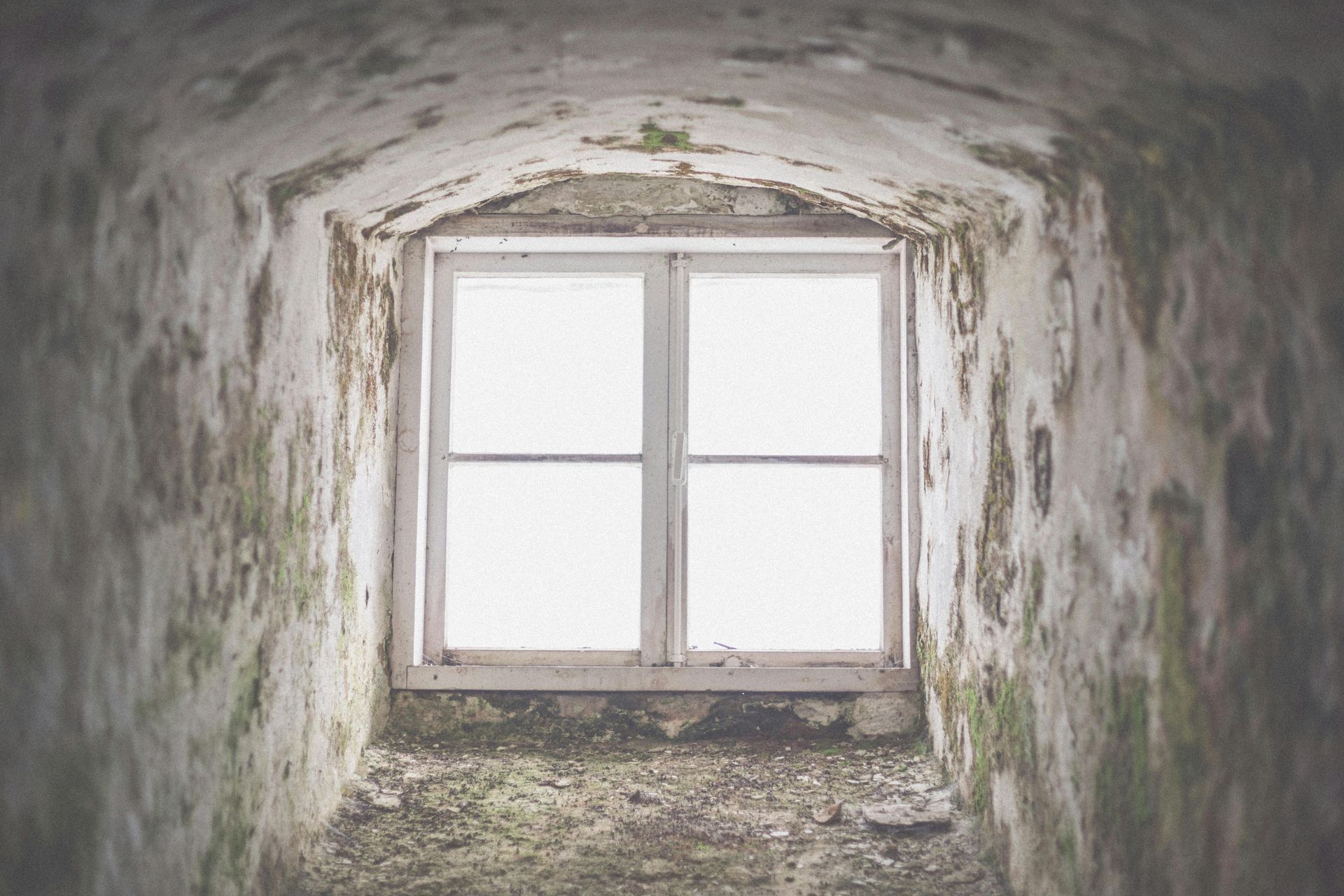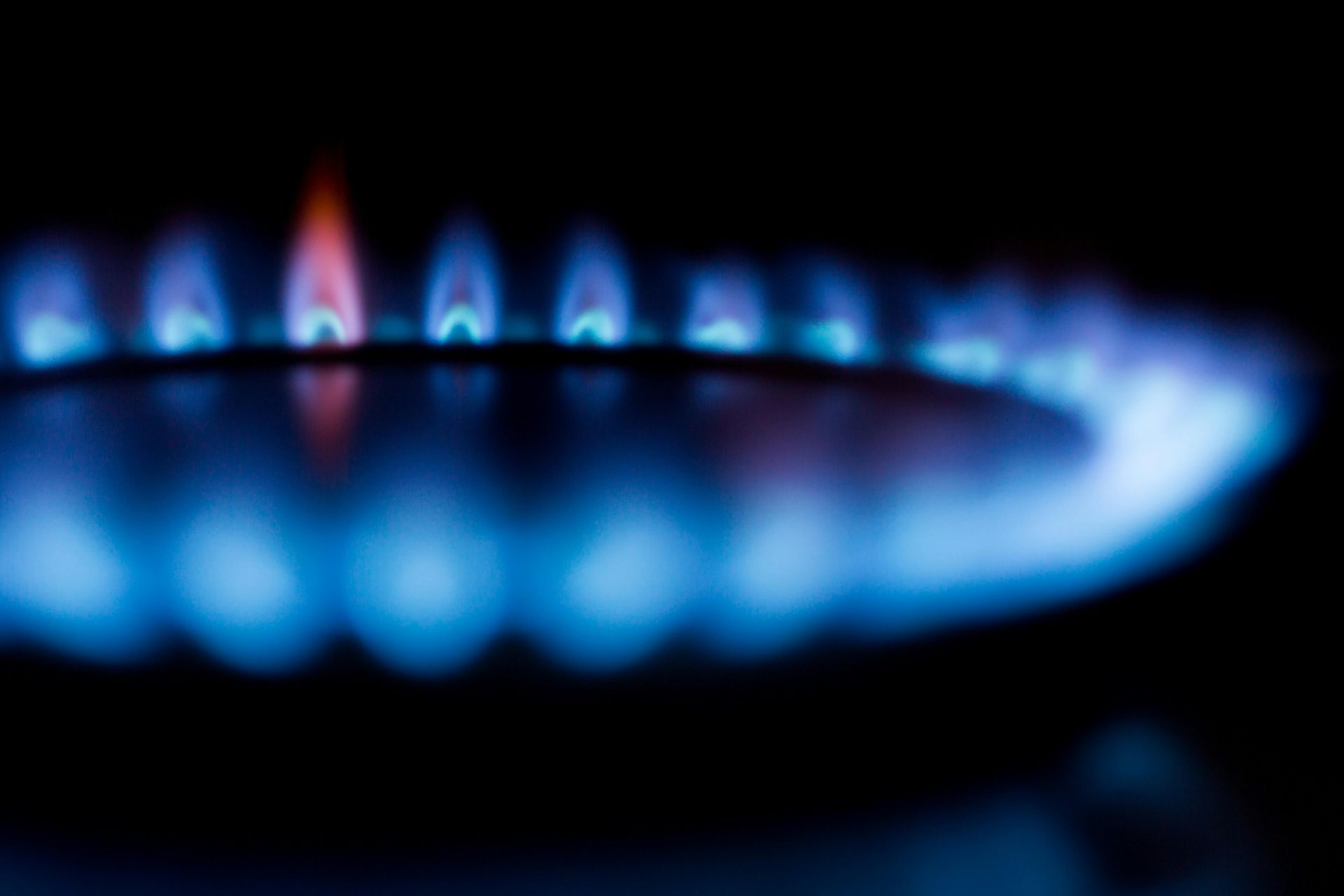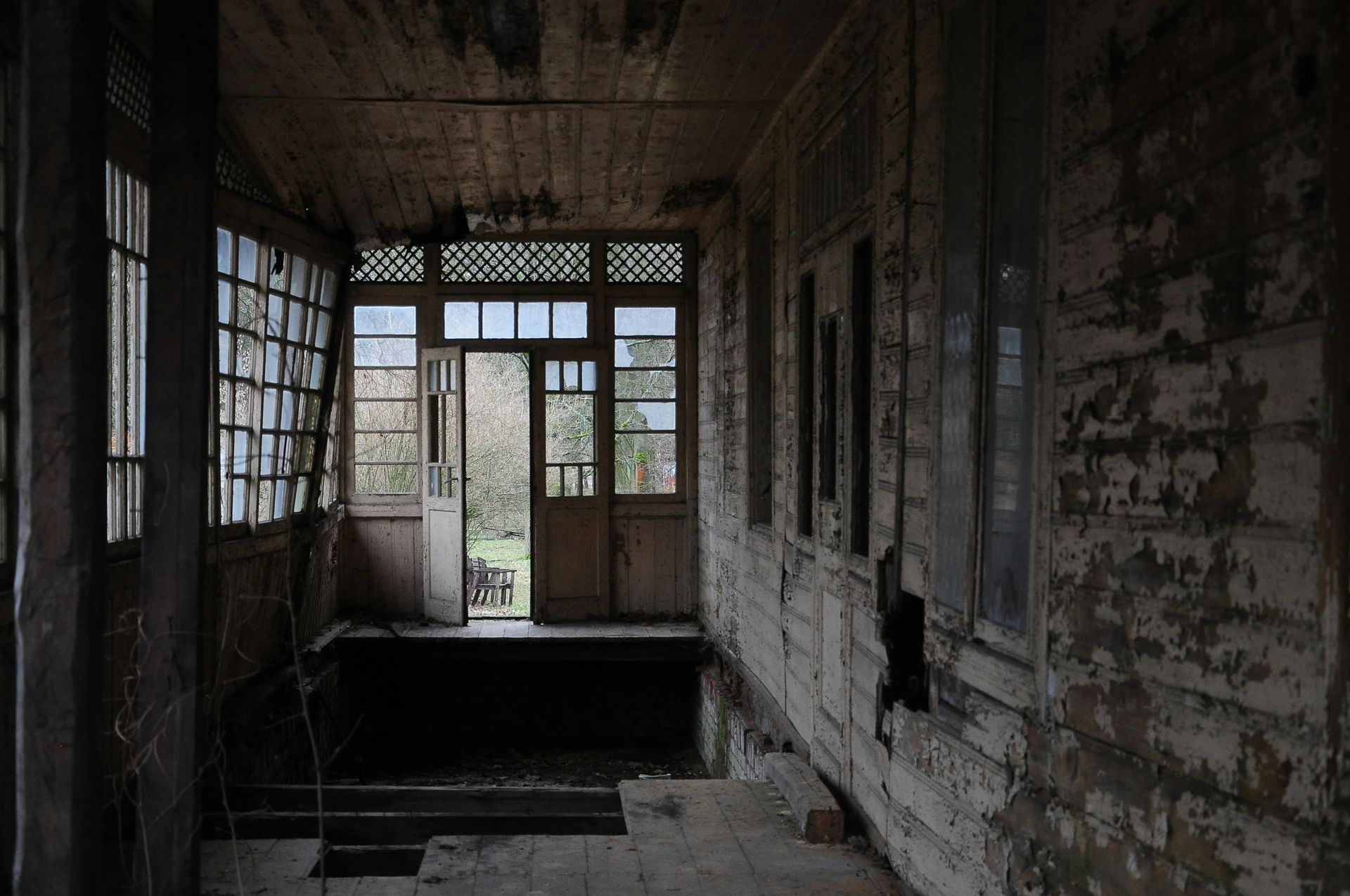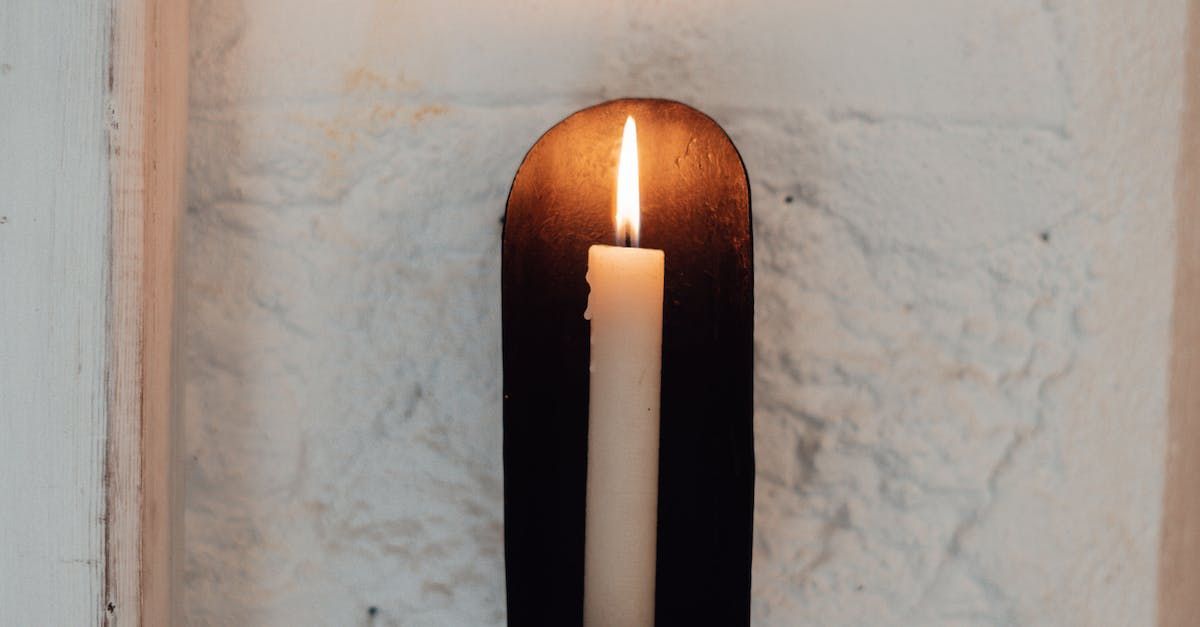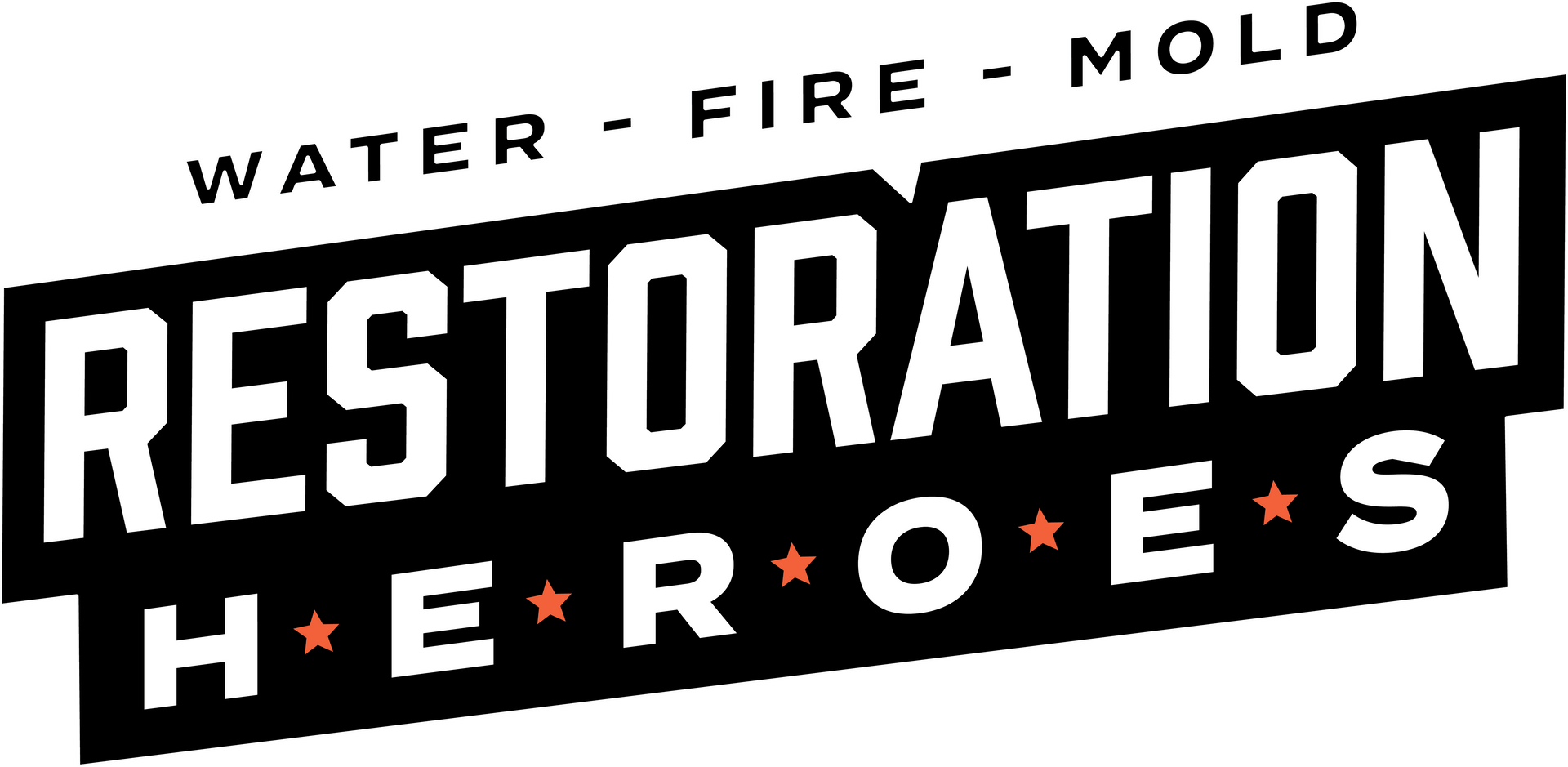
- SERVING ALL OF ORANGE COUNTY, CA
- 24/7 EMERGENCY RESPONSE
GIVE US A CALL
How to Prevent Water Damage in Your Home
Unveiling Fire Damage Causes: Common Sources in Homes
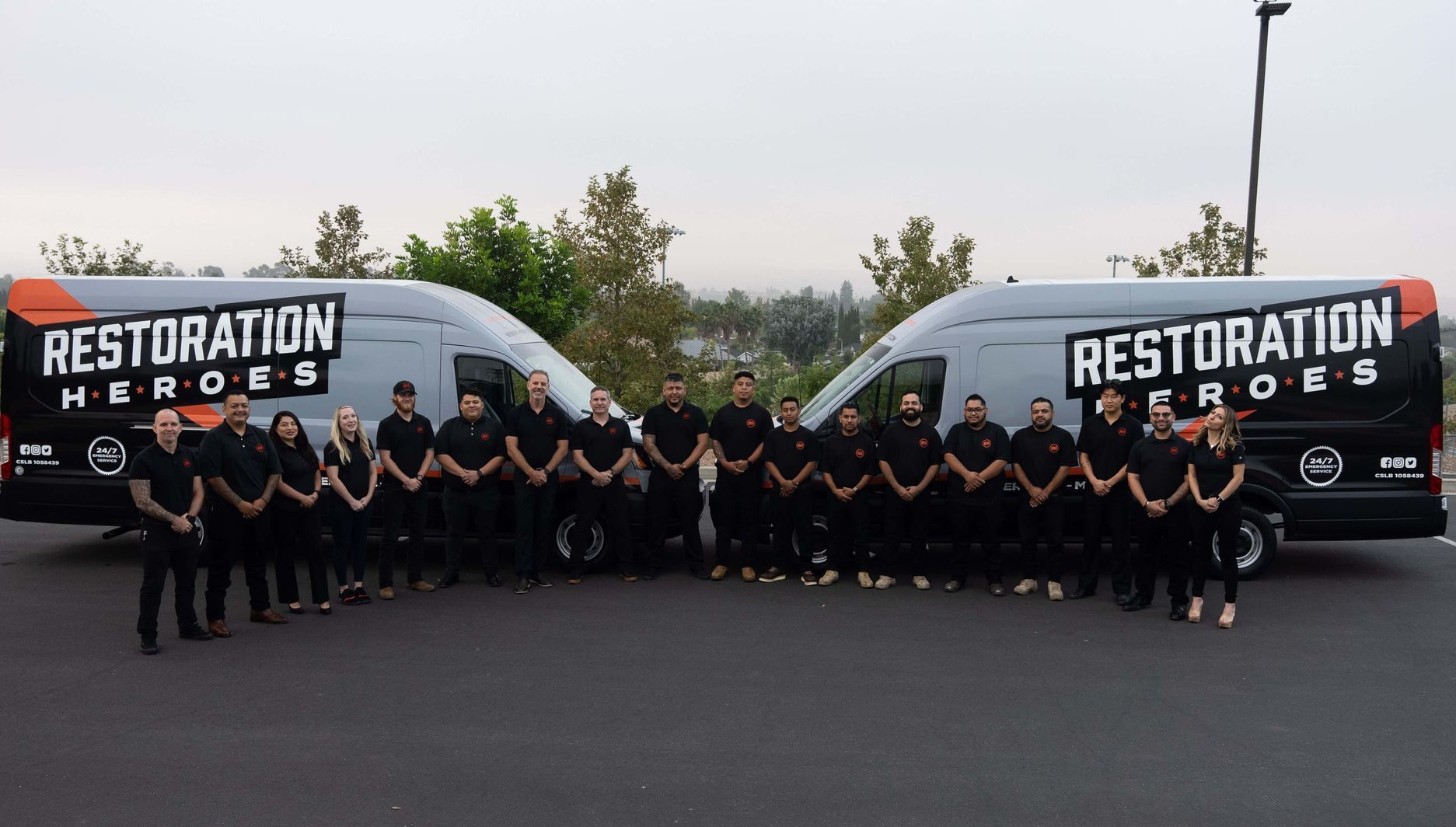
Fire damage is a serious and growing concern for homeowners. Every year, thousands of homes suffer from fires that cause extensive losses of property, injury, or even death. As such, understanding the causes of residential fire outbreaks and knowing what prevention measures to take is essential for homeowners.
In this article, we will discuss the different forms of fire damage that can occur in a home, the potential causes of such damage, and the best ways to prevent it.
We will begin by exploring why residential fires are so dangerous and how they can spread quickly. Next, we will look at some of the most common forms of fire damage and the different types of materials affected by them. Finally, we will discuss steps that homeowners can take to safeguard their homes and family from the dangers of fire damage.
By the end of this article, you will have a better understanding of what fire damage is and how to effectively protect your belongings and family from it. With the right preventative measures in place, homeowners can rest assured that they are making the best possible effort to keep themselves safe against the threat of fire damage.
Fire Damage Statistics in Residential Settings
Fire damage is a serious and costly problem that affects people in both national and global contexts. According to the National Fire Protection Association, fires caused an estimated $15.9 billion of property loss in 2021 in the U.S. alone. While most of this damage caused by the fire was mitigated through insurance policies, thousands of families were still left with emotional scars that no amount of money could heal. And this is a sad truth of the horrors fire can bring.
Understanding the Nature of Fire
Fire is an uncontrolled chemical reaction that involves the rapid oxidation of fuel sources. It is typically characterized by heat, light, and fire smoke. The key to understanding how fire spreads in residential settings begins with the Fire Triangle: Heat, Fuel, and Oxygen. Heat energy causes the fuel to break down into smaller molecules which then mix with oxygen from the air. This combination produces a chain reaction of oxidation, releasing heat energy and creating fire.
The spread of fire depends on the amount of fuel available and how quickly it can be ignited by heat. In residential settings, this often comes in the form of wood, paper, furniture, or other combustibles. Fire spreads quickly when these materials are exposed to high-temperature sources such as a stove, electrical surges, or lit cigarettes.
Common Causes of Fire Damage in Homes
Home fires can be a distressing experience and cause serious damage to property. It is important for homeowners to understand the common causes of fire damage of home fires in order to prevent them from happening in the future. Common dire damage causes of homes include electrical problems, cooking-related incidents, human error, open flames, arson, improperly stored flammable materials, and more.
To better prevent home fires, understanding the causes of fire damage is key. Electrical problems are often caused by outdated wiring or faulty electrical systems, which can easily spark a fire if proper safety precautions aren't taken. Cooking-related incidents can include leaving food unattended on the stove or in the oven, not cleaning kitchen appliances regularly, and other hazardous cooking activities.
Cooking Equipment
Cooking is the leading cause of home fires in the U.S., accounting for 44% of all incidents reported, according to the National Fire Prevention Association (NFPA). Common cooking-related causes include leaving cooking equipment such as ovens and stoves unattended, using combustible materials too close to heat sources, or leaving flammable liquids near an open flame. To reduce the chance of a cooking-related fire, homeowners should ensure that all cooking equipment is turned off and not left unattended. It's also wise to keep combustible material away from heat sources, such as ovens or stovetops. To further reduce the risk of fire damage, it's best to install smoke alarms in the kitchen and near sleeping areas.
Electrical Equipment and Faulty Wiring
Electrical systems that are outdated, overloaded, and faulty can contribute to house fires. Overloading power outlets or circuits, adding elements (such as a hot tub) without upgrading the electrical system, and not using GFCI receptacles can all create fire hazards. Homeowners should pay attention to warning signs of potential electrical problems such as flickering lights, an unusual burning smell, sparks, or excessive heat coming from a wall socket.
Preventative strategies for electrical fires include making sure all extension cords are used properly, having adequate wattage in the lighting fixtures and outlets, and using surge protectors to guard against power surges. Regular check-ups by an experienced electrician can also help identify potential issues before they become hazardous.
Heating Equipment
When it comes to fire damage, heating equipment such as space heaters, fireplaces, and wood stoves can be a major contributing factor. It is important to take safety precautions using any type of heating equipment. This is especially true for those that burn combustible materials such as wood or coal.
Space heaters should always be kept at least three feet away from bedding, furniture, rugs, and curtains. It is also important to never leave a space heater running unattended. Fireplaces should be inspected yearly for any cracks or blockages that may have occurred over time, and the chimneys should always be cleaned regularly. Wood stoves need to be installed correctly in order to ensure proper ventilation and heating of the room.
Smoking in Bedrooms
When it comes to smoking indoors, especially in bedrooms, the dangers are real. Smoking in your bedroom can increase the risk of a fire breaking out due to carelessness or other factors. According to statistics from the National Fire Protection Association (NFPA), U.S. fire departments responded to an estimated 8,680 structure fires caused by smoking materials between 2014 and 2018, resulting in year-round property losses of over $481 million.
Although the risk of fire is especially high indoors, smoking outdoors can also have consequences. Before lighting up, make sure you are aware of your surroundings and any potential fire hazards nearby. Always ensure that you extinguish cigarettes or other smoking materials completely before disposing of them, as even a small spark can cause a major fire.
Candles
Burning candles can be dangerous if left unattended or not placed in a safe location. Candles are the cause of more than 12,000 fires each year, with an estimated $295 million dollars in property damage resulting from these incidents.
It's important to be mindful when using them. For one, keep them out of reach from children and pets. Secondly, never leave a burning candle unattended, and always make sure to extinguish candles when you leave the room or go to bed. Candles should also be placed on a stable surface and away from any flammable items such as curtains, furniture, books, paper products, or anything else that could catch fire.
Flammable Liquids
Flammable liquids pose a significant fire risk when not stored and handled correctly. Improperly stored flammable liquids can easily ignite if exposed to open flames, sparks, or extreme heat. Even minor accidents (such as knocking containers) can cause fire incidents with catastrophic consequences. That is why it's important to take the necessary precautions and practice safety when storing and disposing of flammable liquids.
When it comes to storing such materials, they must be kept in a cool, dry place away from heat sources or any other combustible items. Containers should also be clearly labeled with their contents and not moved without proper safety precautions. Furthermore, all personnel handling the material should wear protective gear, including gloves, goggles, and face masks.
Grills and Barbecues
When using outdoor grilling or barbecue equipment, it's important to take precautions in order to avoid fire hazards. To prevent fires, ensure that the grill is placed away from structures and other flammable materials. Be sure to keep a fire extinguisher nearby in case of an emergency. Regularly check hoses for cracks or leaks, which could be hazardous when ignited.
Also, it's important to be aware of the risks associated with grilling and barbecuing. Grease fires can start quickly if fat or oil is spilled on the surface of the grill. Gas leaks can also lead to a fire if not properly checked regularly. Always make sure that the gas valves are turned off after use.
The Impact of Fire Damage on Homes
Residential fires can have catastrophic physical and emotional effects, leaving a wake of destruction in their path. In addition to the damage caused by flames, smoke, and soot are also damaging byproducts of fire that can cause extensive structural damage. Not to mention, the water used in firefighting efforts can cause significant additional damage.
The psychological effects of fire losses on homeowners are often long-lasting. On top of the grief and loss felt from losing belongings, fire can cause deep feelings of helplessness and anxiety, especially after one's sense of security is shattered. What's more, fires can also have a significant environmental impact due to the release of hazardous materials into the environment.
Fire Safety Measures and Fire Damage Prevention
Fire damage can be devastating, causing significant financial losses and emotional distress. It is important to take preventive measures to protect yourself from fire-related incidents. Start by installing smoke detectors and fire extinguishers in your home. Make sure you have a family escape plan that everyone knows and practices regularly.
It is also essential to check home appliances and systems for any safety issues. Make sure that you have a reliable, professional inspection done regularly to detect any potential fire hazards.
Finally, make sure your homeowner's insurance policy covers fire damage. Knowing that you are protected helps in the event of an emergency, and it can provide peace of mind for you and your family.
Recovering From Fire Damage: Restoration and Rebuilding
Fire damage can have long-term consequences. Whether it is caused by an electrical issue, human error, or a natural disaster, the destruction of property and potential loss of life makes it important to understand how to prevent such incidents from occurring in the future. Restoration Heroes provides comprehensive fire safety services that will help protect your family and your home. Through our services—including a free fire safety inspection and risk analysis—we can help identify any potential fire hazards and provide guidance on steps to take to mitigate these risks. Don't wait until it's too late. contact Restoration Heroes today to ensure your family is safe from the threat of fire!
CONTACT US 24/7 FOR RESTORATION HELP
Works with all major insurance carriers
Proven & personalized service
Professional, high-quality workmanship
24/7 emergency service
90 Minute On-Site Response Time
IICRC & background checked technicians
OR GIVE US A CALL
Don’t wait on water damage repairs, as it will only complicate the matter and invite more cost and frustration. Restoration Heroes are available 24/7 to help Irvine residents and property owners return their property back to its original state – safely, securely, promptly!
Restoration Heroes is a 24/7 emergency restoration company based in Irvine, CA, and services all of Orange County, CA. We are experienced in water damage restoration, fire damage restoration, mold damage remediation, biohazard cleanup, storm damage cleanup, and more. Our industry experts can advise you on your options, offer guidance, and create the absolute best case outcome for your situation.
QUICK LINKS
All Rights Reserved | Restoration Heroes

